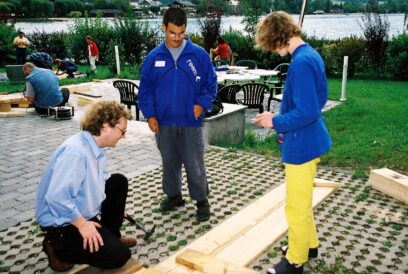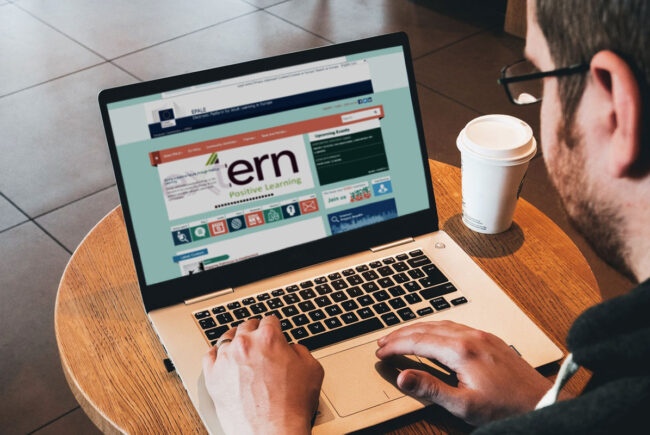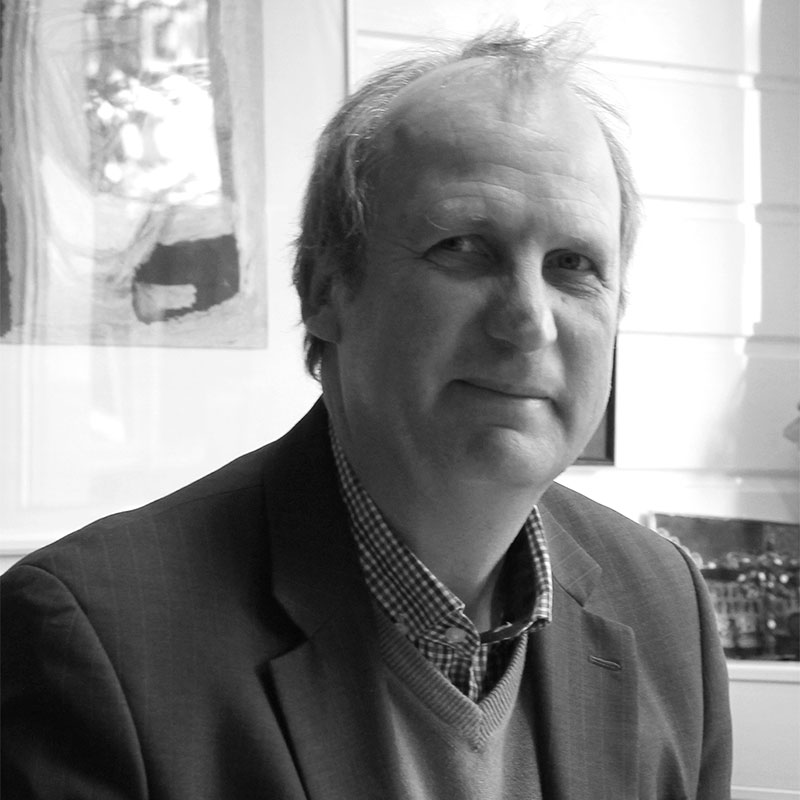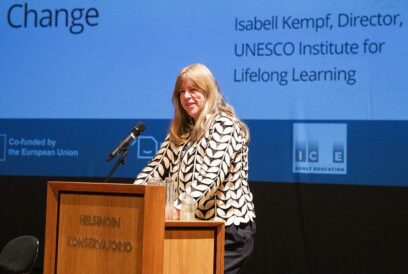

The EU has invested a lot of money and human resources in an ePlatform for Adult Learning in Europe, EPALE. How does it work? In honour of the five-year anniversary, Michael Sommer listed the pros and cons of the project.
If you want to describe how adult education is often seen in Europe, A Sleeping Beauty would be a good choice.
While higher education, vocational training and schools are educational giants that receive a great deal of attention and funding, adult education is more of a princess with no real political or societal relevance.
In order to lend adult education better cohesion and greater visibility, the European Commission launched the “Electronic Platform for Adult Learning in Europe EPALE” in 2014. The idea behind EPALE is to create a way for every adult education community in a country to exchange information, news and resources, and to communicate.
In honour of the five-year anniversary, it’s time for a little interim balance.
EPALE teams in every country
Christine Bertram projects a slide on the screen depicting a lot of large red fish and hooks.
But what about the worms? The speaker, who is the head of the EPALE team in Germany, emphasises that EPALE texts are like good bait. But baiting and hooking the reader isn’t so easy.
What makes a good headline or a fitting introduction? How do you write a good text? What is an interesting topic? The answers to these questions are at the core of Bertram’s speech.
Her audience consists of EPALE “ambassadors” who came to the German city of Bonn for a training course in spring 2019.
The German EPALE team is not a unique thing, as a total of 36 such EPALE teams exist in the European Union – one in each European country or language region. They consist of up to five full-time employees who are employed by the EPALE National Support Service (NSS). Most of them are also affiliated to agencies that also handle the Erasmus+ projects. Nine are housed in national ministries.
One job is to engage and train experts – scientists, trainers, project managers, members of umbrella organisations and so on – as “country ambassadors”. The ambassadors support networking and provide content for the EPALE site.
The training held by Bertram in Germany, is one of the multiple ways that EPALE tries to make the volunteering ambassadors committed to the cause and have the necessary skills to provide interesting and catchy content.
52,000 registered users
EPALE currently has around 52,000 registered users in Europe. Countries like Poland and Turkey are very active, while EPALE hardly appears in others such as the Scandinavian countries.
After registration, anyone can post texts or participate in discussions. Some relevant contributions from other countries are also translated and made available.
The 2017 evaluation of EPALE by the founder and funder, the European Commission, concluded that:
“The greatest added value of EPALE for individual adult educators lies in the access to information, expertise and good practice developed in adult learning, the ability to cooperate, communicate and build partnerships with other adult education providers and the sense of belonging to a wider community of adult learning that EPALE supports.” (p. 105)
In addition to the national NSS centres, there is an overarching agency managed by Ecorys, a big economic research and consulting company based in the UK, which coordinates the activities as a whole.
If a hard Brexit happens, one of the subsidiaries, such as an organisation in the Netherlands, could possibly take over the project from Ecorys.
Investment in adult education
A look at the financing at EPALE shows how important the commission regards the platform. Around €7 million is earmarked for the work of the service centres per year. That’s about the same 2019 budget as foreseen for innovation and exchange adult education projects in Poland (total in Europe: €112 million) in Erasmus+.
The budget is divided according to country size: Lithuania as the smallest country receives €87,000 while Germany, the largest country, receives €798,000.
Staff costs, expenses for advertising, fees, conferences and so on can be paid from these funds. Since the platform itself runs on the EU server, there are no additional costs even with the corresponding design and technology.
EU server with limited technology
Among all the good things such as tools needed for cooperation that EPALE has brought to the field, some criticism remains.
At a meeting of NSS members and ambassadors in Budapest in autumn 2018, these problems were on important topic.
Some complained that the platform was too slow, too rigid, and the options too limited. The login process was seen as cumbersome. EPALE is integrated in the internet platform of the EU Commission. That means that individual improvements and changes are hardly possible. This year it has been promised that EPALE will move to a separate and independent section.
In some countries, very similar national platforms are already in use, such as the “Folkhighschool-Cloud” (VHS-Cloud) in Germany. In these countries, EPALE is in competition with existing and settled tools what will reduce the need to use it.
The meeting in Budapest showed that there is a core user base that uses EPALE intensively, for example for training students or for projects. The European Network for Basic Skills (EBSN), which handles its communication completely through EPALE, is exemplary here.
It is also useful when Erasmus agencies explicitly refer to EPALE. In France, there are additional advantages given in the evaluation of Erasmus projects when using the EPALE platform.
No doubt, it’s positive that the European Commission is supporting the adult education sector and providing a communication structure. The EPALE service centres in each country look after additional activities like professional workshops and maintaining a flow of content.
In spite of the problems and challenges, it should be used by the community – if not for anything else then perhaps just to support the development of the idea of a European community.
Read here our previous, four-year anniversary article about EPALE.
Author






